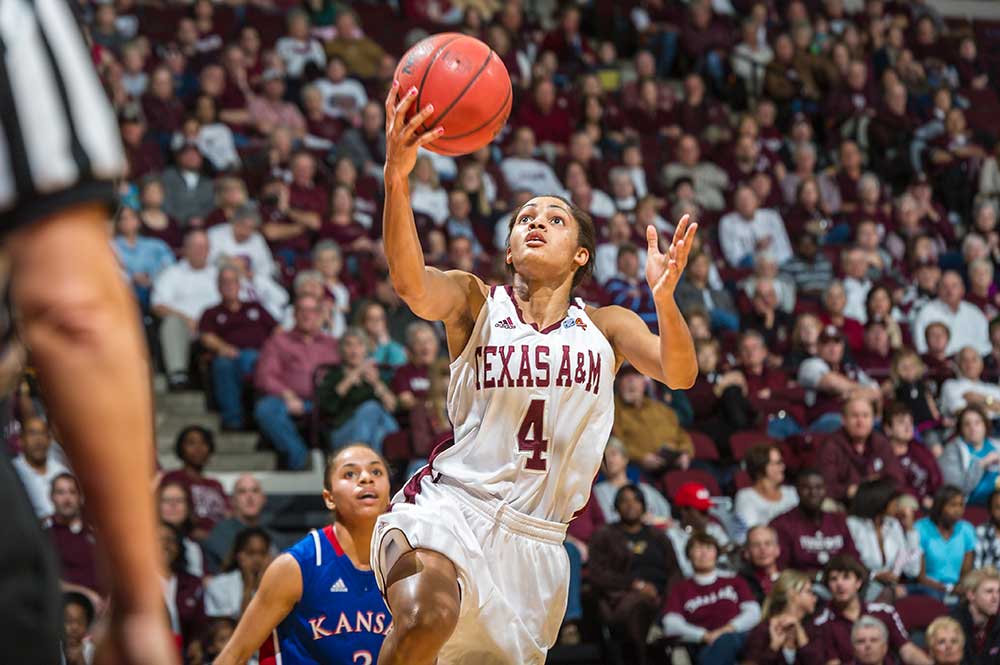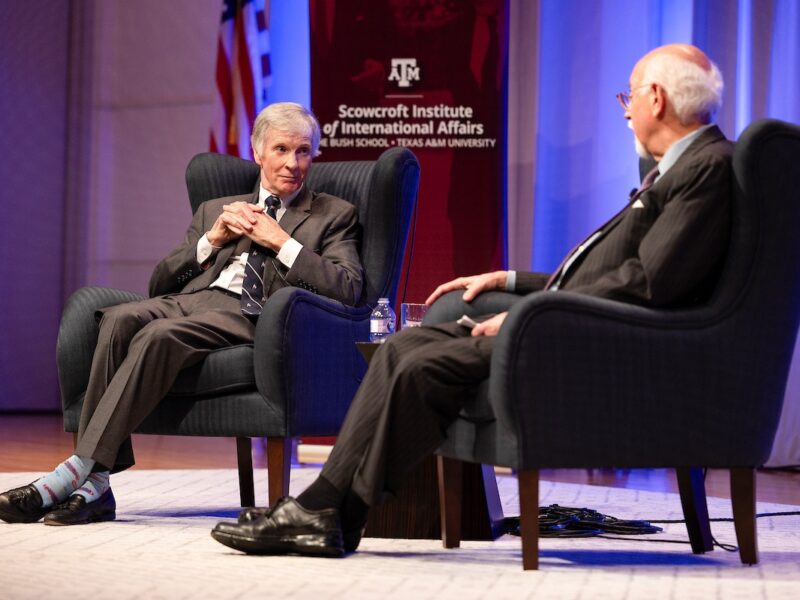College basketball season is here. As the games get heated, coaches need to remember to mind their p’s and q’s. A recent study conducted by Texas A&M University College of Education and Human Development sport researcher Dr. George Cunningham found that impolite coaches of NCAA women’s basketball teams negatively impact their players and overall team performance.
“We found that the more incivility from the coach, the poorer the performance of the team,” Cunningham said. “This is because cohesion decreased and psychological safety decreased.”
Cunningham defined incivility as discourteous behavior. For example, a coach ignores a player or creates an exclusive environment that gives favor only to top players.
“It is not necessarily the overt, blatant form of disrespect, but more of a subtle form that adds up over time and creates a death by a thousand cuts phenomenon,” Cunningham said.
Cunningham is a professor of sport management in the College of Education and Human Development. He mainly conducts research in the area of diversity and inclusion in sport. He teamed up with Dr. Kathi Miner, a psychological and brain sciences associate professor in the College of Liberal Arts, to look at how coach behavior and gender affects teams.
They spoke to NCAA Division I women’s basketball players across the nation and gathered performance data from games and final scores.
Miner assessed player performance in relation to coach gender. “We found that regardless of whether the coach was a male or female, female college basketball players responded similarly and negatively to rude, uncivil behavior from their coach,” Miner said.
Cunningham and Miner concluded that for a team to perform at its best, coaches must consider their behavior as part of team outcomes.
“The more civil the interactions, the better the performance,” Cunningham said. “Because, they come together as a team. They feel psychologically safe as a team and then performance improves from there.”
This research is also applicable for other relationships, like supervisor and employee. Civility can go a long way in boosting worker morale and helping all teams perform at a higher rate.
Miner is passionate about helping organizations become more inclusive and respectful. “Our research documents the real impact of subtle everyday rudeness on individuals’ and teams’ psychological wellbeing and performance,” Miner said. “In so doing, it points to the importance of addressing incivility in organizations and everyday life.”
Read more about this research in Sport Management review.
Read more about Dr. George Cunningham, College of Education and Human Development.
Read more about Dr. Kathi Miner, College of Liberal Arts.
Media contact: Ashley Green, (979) 458-1334, a_green@tamu.edu





